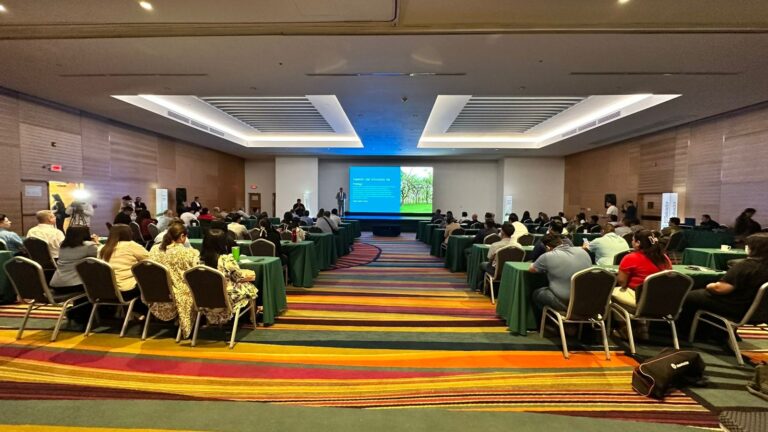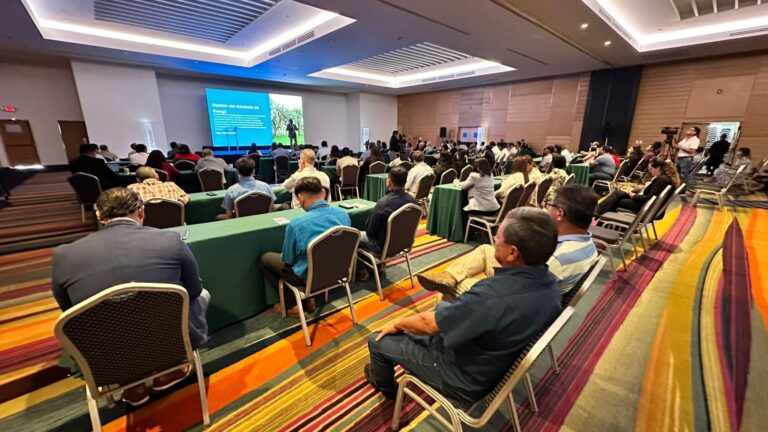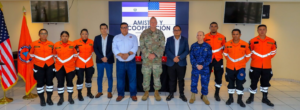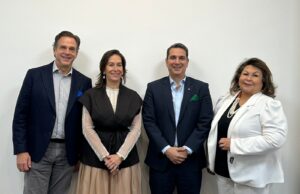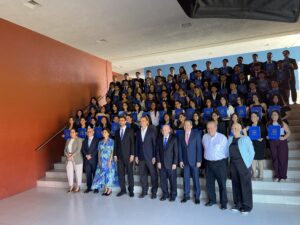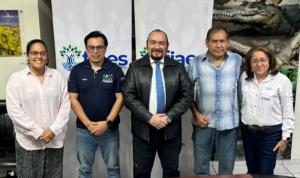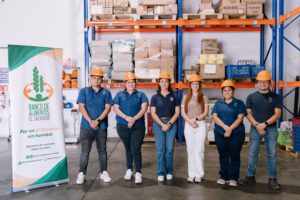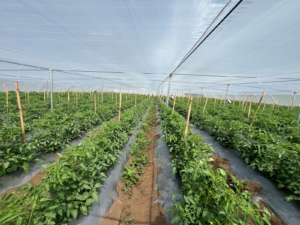With the objective of continuing to promote sustainable urban development, AES El Salvador held the eighth edition of its Urban Arboriculture Seminar, an initiative that is part of its sustainable impact program “AES Medio Ambiente”. The thematic axis of the event was “Risk assessment in the practice of urban arboriculture”, and was given by Edgar Ojeda Sotelo, forest restoration engineer and international arborist.

“Risk assessment in urban arboriculture practice is an essential component to ensure the safety of people, the protection of infrastructure and the health of trees in cities. This practice allows analyzing the probability of failure of a tree or part of it, the impact and its consequences, according to the biomechanical and physiological condition of the tree, its health and environment, as well as its relationship with the surrounding infrastructure, to make informed decisions about interventions such as pruning, treatments or removals”, said Edgar Ojeda.

Under this vision, the seminar addressed practices that allow proper planning and management of urban trees, aimed at reducing electrical and environmental risks, without compromising the benefits that trees provide to the population. This approach reinforces AES El Salvador’s commitment to promote solutions that balance urban growth with the protection of the natural environment, fostering a culture of harmonious coexistence between infrastructure and nature.
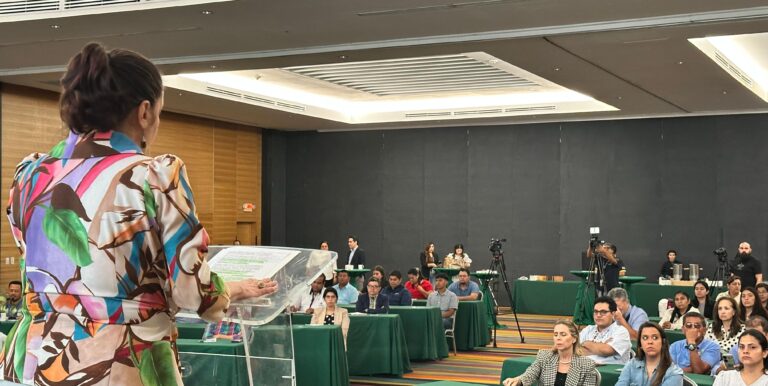
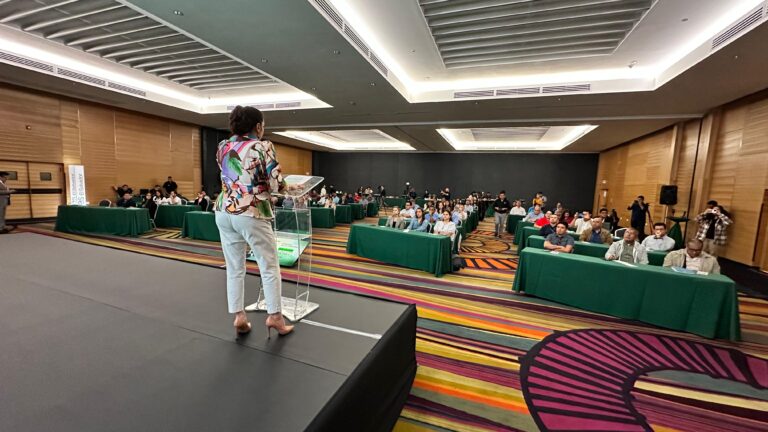
Since 2016, AES has led the promotion of arboriculture as a key science for the design of more sustainable cities, generating spaces for dialogue between public, private and academic actors. Throughout these eight years, more than 631 people and nearly 150 institutions have participated in the seminars, consolidating a collaborative network for the responsible management of urban trees.
“In AES El Salvador we understand that trees in cities not only beautify the landscape, but are also essential to improve the quality of life of people, reduce temperature, capture pollutants and protect biodiversity. That is why we promote spaces that encourage the harmonious coexistence between urban trees and electrical infrastructure”, said Virginia Trujillo, Director of Communications and External Relations of AES El Salvador.

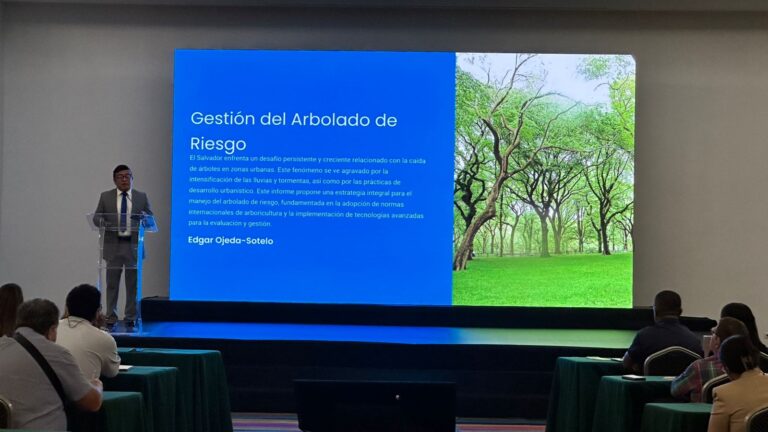
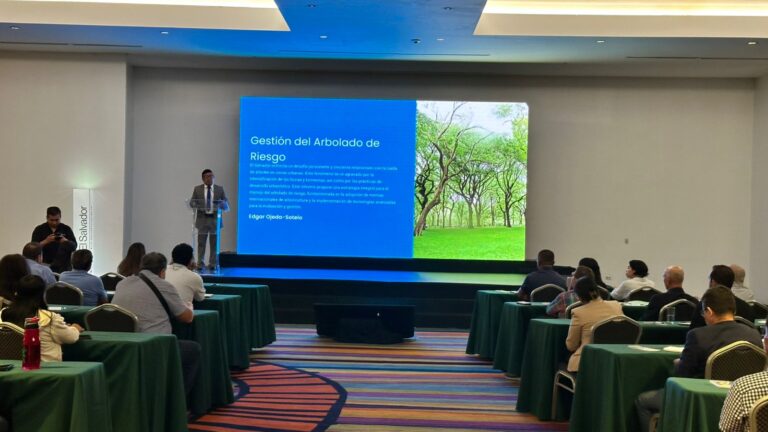
AES took arboriculture to Meanguera, Morazán Norte
As a result of the Seventh Urban Arboriculture Seminar held in 2024, the authorities of the District of Meanguera, in the northern part of the Department of Morazán, arranged a specialized training day for their technical staff. In response, arborists from AES El Salvador recently provided practical training on responsible pruning and electrical risk prevention on secondary low voltage lines, with the objective of reducing the damage caused by the uncontrolled growth of trees near electrical grids and promoting safer and more sustainable management of urban trees in the region.

Meanguera, an area with abundant forests and biodiversity, faces a recurring problem: branches that reach the power lines, causing service interruptions and putting passers-by at risk. The training provided by AES seeks to mitigate these impacts, protecting both the safety of the community and the natural environment.

With these actions, AES El Salvador continues to position itself as a benchmark in the integration of environmental sustainability and electrical infrastructure, promoting resilient, green, and safer cities for future generations.
